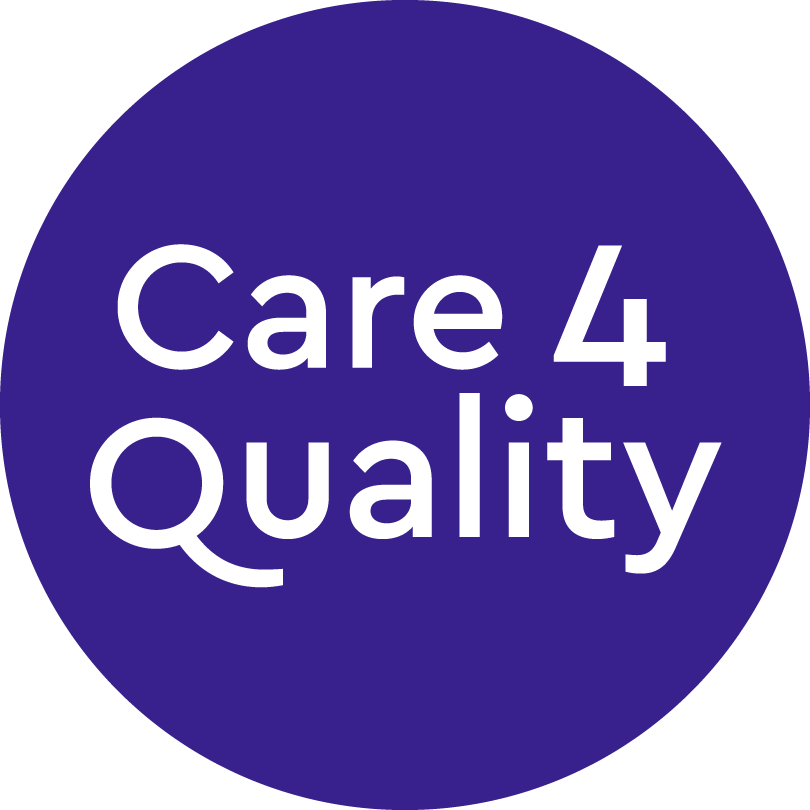The objectives of the CQC regulation do not include punishment for lapses in sustainable quality and safety; they do, however, promote assurance to patients, the facilitation of improvements and the prevention of future failures. In an ideal world, inspections demonstrating Care 4 Quality. would be unnecessary since hospital systems would prevent breaches. In turn, all trusts would achieve outstanding ratings every year. Sadly, this is not an ideal world.
What prevents Care 4 Quality.?
Even in the best and most effective hospitals, the most exacting of documented and trained quality standards slip, arguably because healthcare is an intensely human process and cannot be fully automated. People do not always follow procedures, often because they are distracted by other priorities and cut corners.
Viewed in the context of the ‘project triangle’, constraints occur because of competing pressures of time, cost and scope, of which only two can be controlled at any point. Inevitably, quality can be compromised if there is pressure to treat a higher quota of patients in a clinic, such as for a theatre slot, for example. The nature of operational management means compromises occur on a daily basis, many associated with staff shortages. This is not a criticism of staff, but good practices and processes will help them do their jobs better in every situation, regardless of how busy they are.
Monitoring quality standards for Care 4 Quality.
Quality is a continuous process, so quality standards must be subsumed within the culture of everyday activity. For this reason, hospital boards must ensure not only that national and local quality standards are monitored, audited, reported and subject to continuous improvement, but so are lapses below the hospital’s own standards too. For example, even ‘near misses’ to ‘never events’ must be investigated, lessons learned, risks recorded and processes refined.
Internal audit is helpful, but a wise board will employ external consultancies experienced in CQC methodology and criteria to spot weak areas and identify improvement programmes prior to random CQC inspections. Prevention is always better than cure.
For a Chief Operating Officer, instilling quality within the organisational culture is key. CQC provides a gold seal validation that standards exceed expectations but will continue to improve because complacency should never be tolerated. If you need help when it comes to Care 4 Quality., contact us today.
